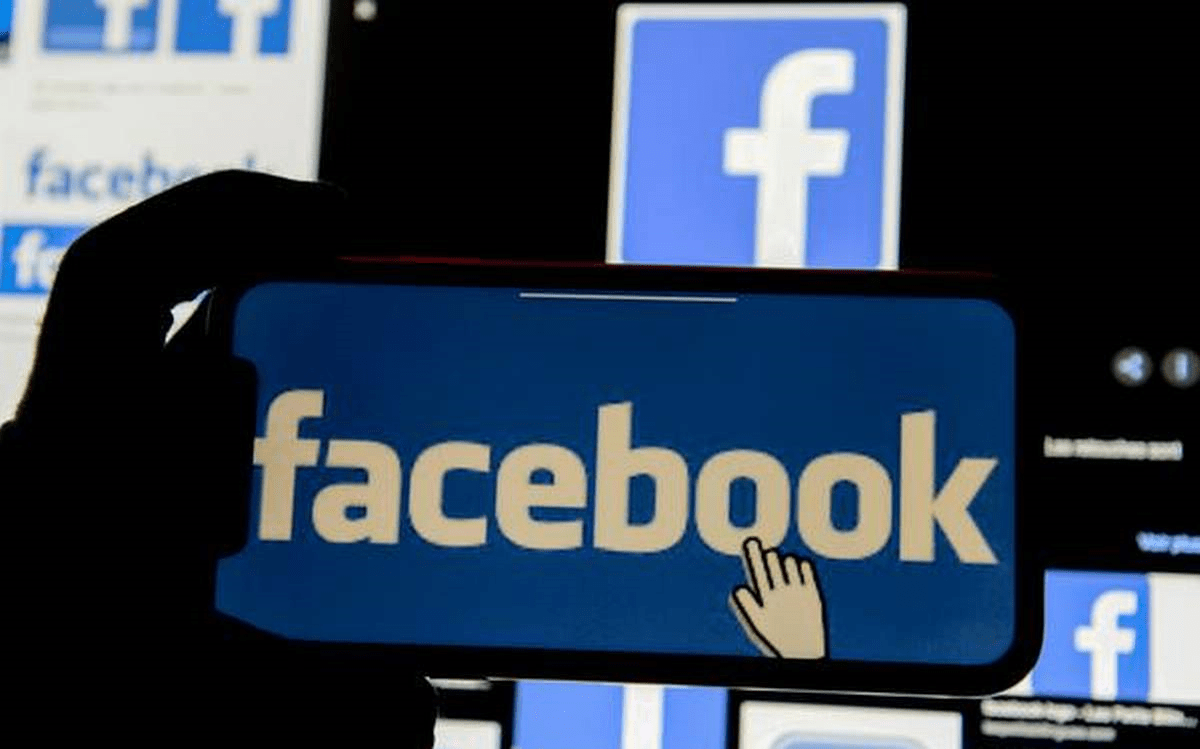

June 30, 2021: On Monday, a federal court dismissed the Federal Trade Commission’s (FTC) antitrust complaint against Facebook. A parallel case was brought by 48 state attorneys general, which dealt a significant setback to the agency’s complaint, which could have been the outcome in Facebook divesting Instagram and WhatsApp.
On Monday, the shares of Facebook rose more than 4% following the rulings, sending the social media the market capitalization of the company over $1 trillion for the first time.
“We are pleased that today’s decisions recognize the defects in the government complaints against Facebook,” the company said in a statement.
Last December, the FTC sued the company, alongside attorneys general from 48 states, which argues that Facebook caught up in a systematic strategy to eliminate threats to its monopoly, which even include the 2012 and 2014 Instagram and WhatsApp acquisitions, respectively, which the FTC cleared previously.
On Monday, the court ruled that the FTC failed to prove its main contention and the cornerstone of the case. Facebook holds monopoly power in the U.S. personal social networking market.
“Although the Court does not agree with all of Facebook’s contentions here, it concurs that the agency’s Complaint is insufficient and must therefore be dismissed,” reads the filing from the U.S. District Court for the District of Columbia.
“The Complaint is undoubtedly light on specific factual allegations regarding consumer-switching preferences,” the court wrote.
“These allegations, which does not provide an estimated actual figure or range for Facebook’s market share at any point over the last ten years, ultimately fall short of plausibly establishing that Facebook holds market power,” the court added.
Elsewhere, the filing notes that the complaint of FTC seemed to assume that the court would agree Facebook is a monopoly.
“The FTC’s Complaint says almost nothing concrete on the key question of how much power Facebook had, and still has, in a properly defined antitrust product market,” the filing reads. “It is almost as if the agency expects the Court to simply nod to the conventional wisdom that Facebook is a monopolist.”
The ruling is not necessarily the end of the case. The court acknowledged that the FTC might cure the weaknesses in its argument, so it left open the possibility that it could file an amended complaint and continue the litigation.
The court also disagreed with Facebook’s argument that the FTC does not have the power to attack the acquisitions of Instagram and WhatsApp, which took place in 2012 and 2014.
However, the court completely dismissed the parallel case from the state attorneys general, saying that the long delay between the acquisitions and the 2020 case filing was unprecedented on a state level and that the states’ argument about “Facebook preventing interoperability with competing apps fails to state a claim under current antitrust law, as there is nothing unlawful about having such a policy.”
“We are reviewing this decision and considering our legal options,” a spokesman for the office of New York Attorney General Letitia James said.








© THE CEO PUBLICATION 2021 | All rights reserved. Terms and condition | Privacy and Policy